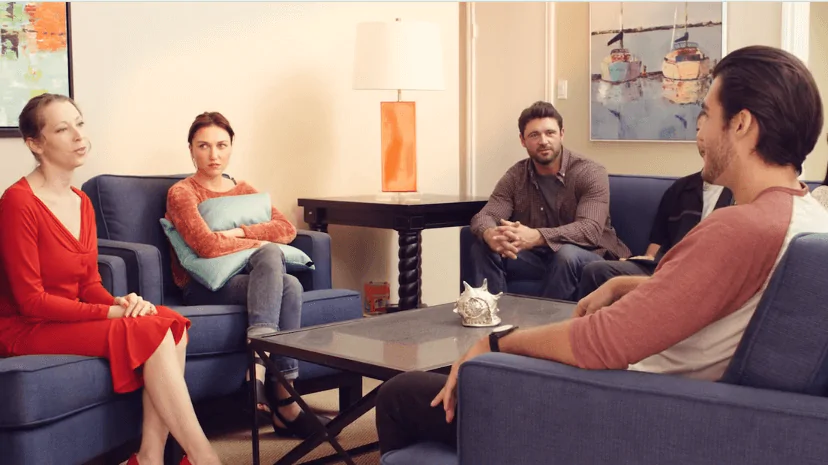24/7 Helpline:
(866) 899-221924/7 Helpline:
(866) 899-2219
Learn more about Klonopin Rehab centers in West Hollywood
Klonopin Rehab in Other Cities
Other Categories in West Hollywood

Other Insurance Options

Covered California

Excellus

Optima

EmblemHealth

AllWell

MVP Healthcare

Health Choice

ComPsych

Providence

UMR

Choice Care Network

Health Net

Lucent

PHCS Network

Access to Recovery (ATR) Voucher

Ambetter

WellCare Health Plans

Self-pay options

Meritain

Premera

Insight Choices
Insight Choices, in West Hollywood, California, provides outpatient mental and behavioral health car...

CAST Centers
CAST Centers offers PHP and IOP treatment for those struggling with substance abuse and mental healt...







































Twin Town Treatment Centers
Twin Town Treatment Centers - Santa Monica Boulevard offers outpatient treatment for individuals wit...

WHRC – West Hollywood Recovery Center
WHRC – West Hollywood Recovery Center is a non-profit rehab located in West Hollywood, California. W...

Breathe Life Healing Centers
Breathe is dedicated to outstanding trauma-informed clinical care to each client and their family. B...

The Bill Coffey House Sober Living
The Bill Coffey House Sober Living is a private rehab located in West Hollywood, California. The Bil...



